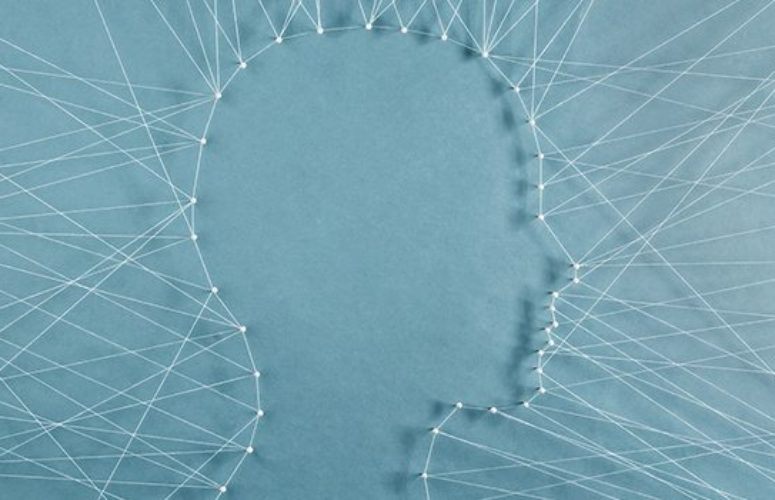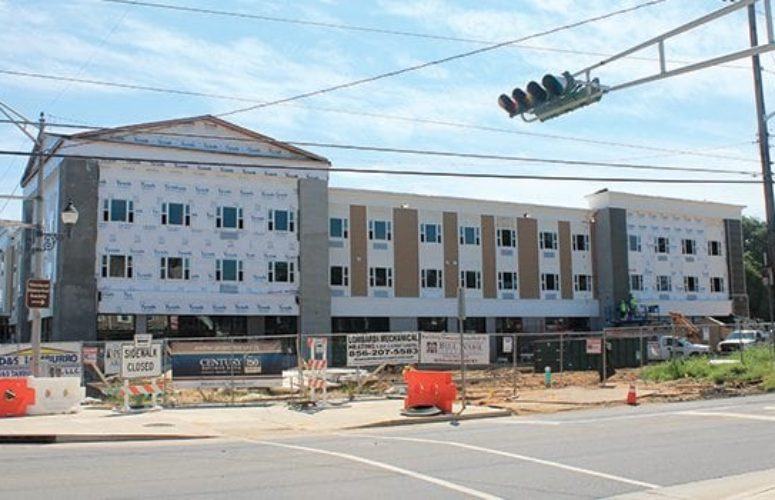
Mental Health Perspectives
By Carolyn Beauchamp, ACSW, MSW, President and CEO of the Mental Health Association in New Jersey On Dec 1, 2015Think of five people in your life. At least one is struggling with a mental health condition. People who cope with mental illness and their family members face constant hurdles as they struggle to continue with their daily lives. The solution is to work for change by recognizing challenges and creating opportunities for recovery.
Wellness and Recovery
One of the most important current initiatives in mental health in New Jersey is the transformation of our public mental health system from a focus on a medical model of treatment toward wellness and recovery. Wellness and recovery is based on the belief that recovery is possible for everyone. The goal is to encompass all aspects of life while building on a person’s strengths, ensuring access to treatment, peer services, crisis intervention, housing and rehabilitation. Consumers of mental health services are encouraged to take personal responsibility for their lives.
The public mental health system embraces the wellness and recovery theory and has introduced many aspects for success. However, except for court-mandated funding for the Olmstead Act, specifically dedicated to the deinstitutionalization of mental health consumers, the New Jersey mental health budget has not seen a significant increase in about a decade. With budget constraints in New Jersey, we are not able to expand to meet needs across the state in areas of housing, timely access to treatment and employment opportunities.
Access to Care
Two national initiatives theoretically improve access to care. The implementation of the Affordable Care Act has increased eligibility for Medicaid, resulting in approximately 400,000 additional people having access to healthcare in New Jersey. The Mental Health Parity and Addiction Equity Act of 2008 was established to ensure that mental health and physical health are treated the same. When fully implemented, these milestones should improve the availability of needed treatment. However, significant problems remain: one is the lack of full implementation of these programs; and the second is the unavailability of qualified professionals. Long waiting lists for therapy and medication appointments exist in both the public and private sectors.
Facing Stigma
Stigma, the fear and misunderstanding of mental illness, is one of the biggest barriers to mental healthcare. Effecting people who have mental health issues, family members, those who treat it, policymakers and funding levels, it is a key reason that true wellness and recovery cannot come to fruition.
One initiative combatting the stigma of mental illness is Mental Health First Aid, which is based on a nationally recognized, evidence-based program. Similar to CPR training to prepare people to address physical emergencies, Mental Health First Aid training helps to prepare members of the general public to know how to recognize behavior consistent with mental health problems and prepares them to know how to respond and engage the person to try to get more help. This training is being offered by the Mental Health Association in New Jersey and others to a variety of key audiences in New Jersey, including probation and police officers, librarians, municipal staff and many others. Employers and organizations across the state looking to improve the workplace are showing interest in helping employees understand mental health issues and preparing them to help others.
About the Mental Health Association in New Jersey
Since 1948, the Mental Health Association in New Jersey has worked to fulfill its mission by responding to issues and concerns raised by consumers of mental health services, and then working for changes and promoting policies that protect their rights and fight the stigma that surrounds mental illness and makes recovery difficult.
For more information, contact Carolyn Beauchamp at [email protected] or 973-571-4100 or visit www.mhanj.org.
Related Articles:






